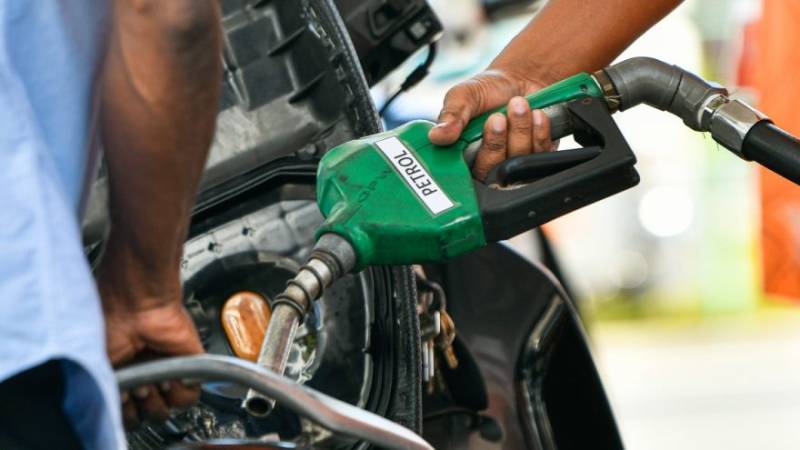Across the world, subsidies on fossil fuel hit record high last year, hovering around $1 trillion amidst the clamour for energy transition. Although the Glasgow Climate Pact demanded phasing out of fossil fuel subsidies as part of measures to achieve a clean energy transition but prevailing energy crisis forced most countries to go back to fossil fuel subsidies. In Nigeria, about $15.19 billion (N7 trillion) was spent amidst flawed downstream deregulation policy as well as the challenges posed by the ongoing war in Ukraine. The report noted that some of the actual budgetary expenditures were very large, adding that in Malaysia $1 billion and equivalent to two per cent of national fiscal revenue was spent in June 2022 alone, and the government was planning to reform its gasoline subsidy to be more targeted in 2023. In Thailand, the report noted that the elimination of excise tax on diesel and bunker oil for electricity generation was extended and would continue to March 2023. The report noted that a range of policy interventions insulated consumers from ballooning prices, but with the adverse effect of keeping fossil fuels artificially competitive with low-emissions alternatives.
It stated that in 2022, subsidies worldwide for fossil fuel consumption skyrocketed to more than $1 trillion. The report further noted that IEA earlier estimates for 2022 showed that subsidies for natural gas and electricity consumption more than doubled compared with 2021, while oil subsidies rose by around 85 per cent. The report noted that the subsidies were mainly concentrated in emerging markets and developing economies, stressing that more than half were in fossil-fuel exporting countries. The report noted that prices for fossil fuels were extraordinarily high and volatile in 2022 as energy markets grappled with the strains caused by Russia’s invasion of Ukraine – in particular the sharp cuts in Russian natural gas deliveries to Europe. It noted that while the prices are actually paid by consumers for these fuels remained at a much lower level due to a range of policy measures to insulate consumers. Last year’s record subsidies – amid the global energy crisis triggered by Russia’s invasion of Ukraine – were double their 2021 levels, the report noted.

The International Energy Agency in a report on “Fossil Fuels Consumption Subsidies 2022,” said governments in developed and developing countries responded to the global energy crisis with subsidies. “In Europe, Germany has decided to spend nearly EUR 100 billion to reduce energy bills for the first four months of 2023 with EUR 56 billion for gas and district heating as well as EUR 43 billion for electricity. “Governments also spent considerable sums on recapitalisation, debt suspension and support for energy companies or key energy-intensive industries.
“For example, the Peruvian government authorised an exceptional injection of capital, as well as a loan guarantee, to state-owned Petroperú. France fully renationalised EDF to reinforce its financial position during the crisis and to ensure its ability to complete planned and unplanned maintenance work on its nuclear fleet. And Germany provided a EUR 13 billion credit line to Uniper, which operates thermal power generation assets, to secure the company’s short-term liquidity,” the report noted. “phase-out … inefficient fossil fuel subsidies, while providing targeted support to the poorest and most vulnerable”.
Guardianng




